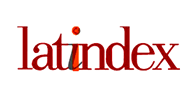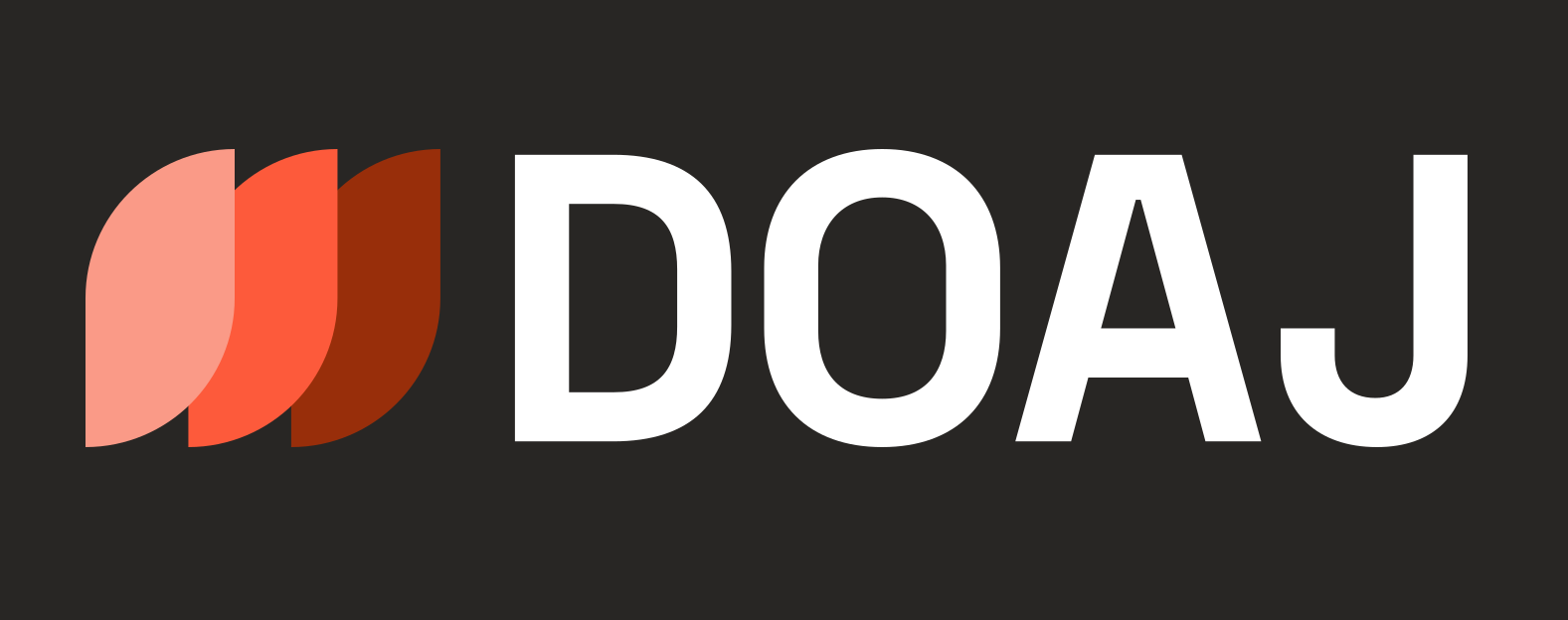THIRD-PARTY CONTRACTS, LEGAL RETROACTIVITY, AND PUNITIVE DAMAGES
FROM EUROPE TO LATIN AMERICA
Resumo
The civil-law system shows its true face as it travels from the Continental European core to the Latin American periphery. Many of the principal institutions have found a home and thrived in the new and radically different environment. One can best study them there by contemplating how they have preserved some of their most basic features despite having transformed themselves into something else. The notion of the civil-law tradition and that of codification have themselves undergone this dialectic of transformation and preservation. So have the traditional approach to contractual interpretation and to third-party agreements and the common proscriptions on retroactivity and punitive damages. In Latin America, as well as in Continental Europe, the intent of the parties typically takes precedence over the text of the contract and an agreement normally may benefit a third party despite the general restriction on extra-party effects. Similarly, a relatively strict ban on the retroactive application of statutes and on the imposition of punitive damages prevails on both sides of the Atlantic.
Downloads
Publicado
Como Citar
Edição
Seção
Licença
Autores que publicam nesta revista concordam com os seguintes termos:
- Autores mantém os direitos autorais e concedem à revista o direito de primeira publicação, com o trabalho simultaneamente licenciado sob a Creative Commons - Atribuição 4.0 Internacional que permite o compartilhamento do trabalho com reconhecimento da autoria e publicação inicial nesta revista.
- Autores têm autorização para assumir contratos adicionais separadamente, para distribuição não-exclusiva da versão do trabalho publicada nesta revista (ex.: publicar em repositório institucional ou como capítulo de livro), com reconhecimento de autoria e publicação inicial nesta revista.
- Autores têm permissão e são estimulados a publicar e distribuir seu trabalho online (ex.: em repositórios institucionais ou na sua página pessoal) a qualquer ponto antes ou durante o processo editorial, já que isso pode gerar alterações produtivas, bem como aumentar o impacto e a citação do trabalho publicado (Veja O Efeito do Acesso Livre).



















